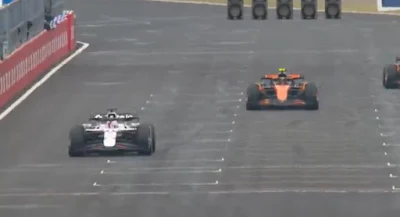Your daily round-up of today's news...
- The Office of the Executive Secretary has released a list of cabinet members who will be allowed to attend the third Senate hearing regarding the arrest of former President Rodrigo Duterte. The list includes Justice Secretary Jesus Crispin Remulla, Foreign Affairs Secretary Enrique A. Manalo, PNP General Rommel Marbil, and others.
- The National Telecommunications Commission (NTC) has advised voters to ignore text blasts campaigned by political candidates using emergency alert systems.
- The MMDA's clearing operations will continue even during Holy Week.
- The Philippines' fighter jet purchase plan from the US is just a response to issues it faces with China, says Malacañang.
- The PH Department of Agriculture implements a temporary ban on importing poultry products from Belgium due to the bird flu outbreak.
- Over 200 cars were destroyed when a blaze erupted at a distribution center in Tanauan City, Batangas. The Bureau of Fire Protection suspects that "Spent Bleaching Earth" chemicals and extremely hot temperatures may have caused the blaze.
- The PH Department of Transportation has clarified that the US has not issued any travel advisory against the Ninoy Aquino International Airport (NAIA) and other airports in the country. This follows news on social media that an advisory was posted at the Sacramento International Airport in California, but the post was from 2018. Because of this, Transportation Secretary Vince Dizon immediately wrote to the US Transportation Secretary Administration (TSA) to clarify the said digital announcement displayed at the Sacramento International Airport in California. The US Transportation Secretary Administration (TSA) confirmed that the advisory was incorrect and immediately removed it.
- McLaren will expand into "new product categories" under new ownership.
- Nintendo delays pre-orders of the Switch 2 consoles in the US amid impending reciprocal tariffs imposed on global imports to the US.
- The list of Baeksang Arts Awards 2025 nominees was announced.
- Alex Ovechkin sets a new NHL all-time goal-scoring record with 895 goals.
TTFN.









